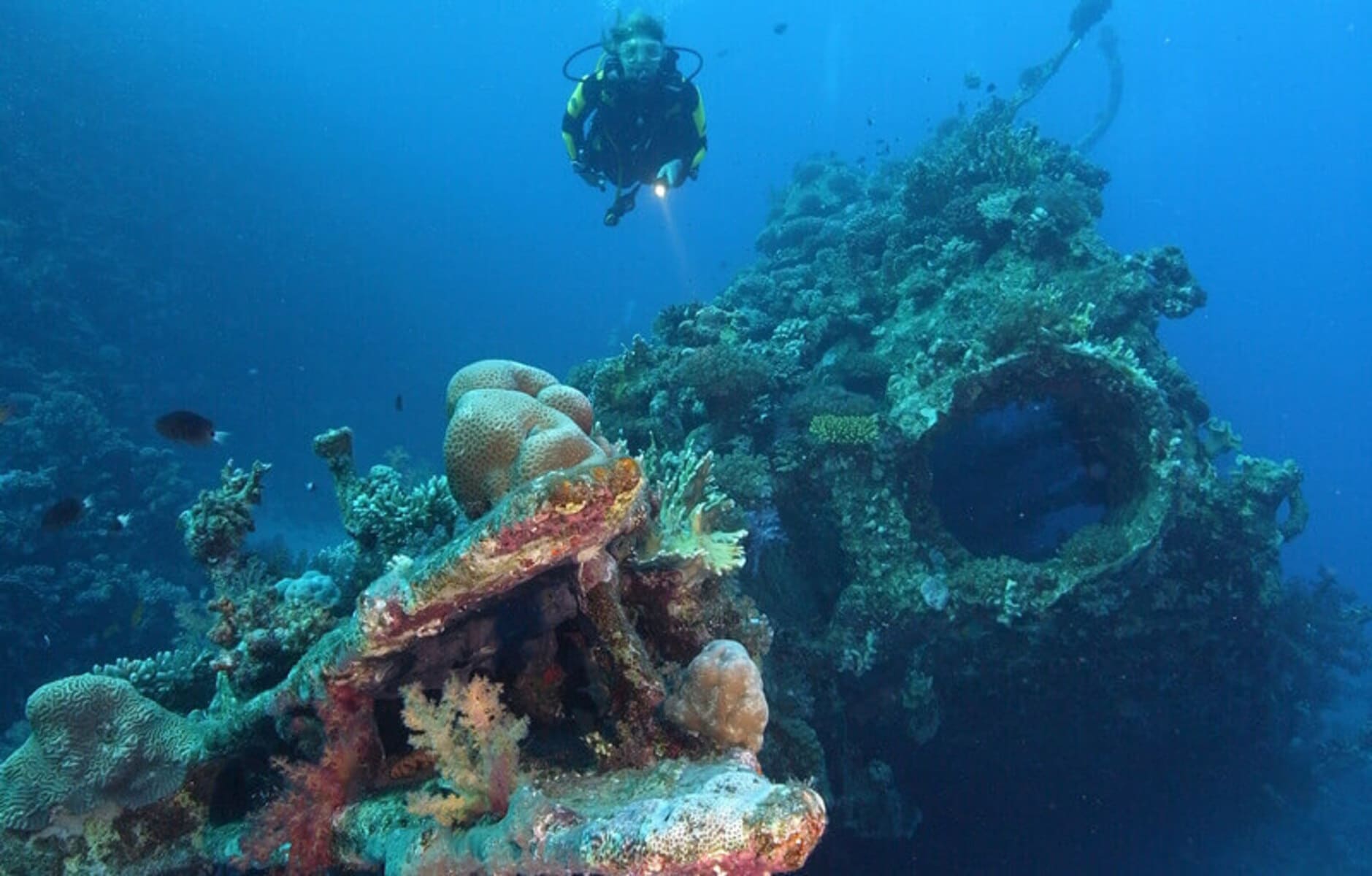7 tips to better compensate your ears in your dive
These 7 tips to better compensate your ears during your dive can be very useful on your diving trips.
- Avoid tobacco, alcohol and milk: Both tobacco smoke and alcohol irritate the membranes, increasing mucus production. This mucosa can block the Eustachian Troops. Also try not to smoke as long as possible before the dive. Milk also causes an increase in mucous, so you can avoid it for a couple of hours before diving.
- Gently compensate every 30 minutes the day before and during the morning of the dive. It will help you make the compensation faster and painless.
- Chewing gum: When you chew gum you are constantly swallowing saliva, allowing the ducts to open and thus facilitating compensation.
- POP!: In the water we tend to be anxious to compensate quickly and not keep our partners waiting. In the end, with the rush, the only thing we achieve is not letting the internal pressure equalize with the external pressure of the ear, hurting us. DO NOT HURRY, UNTIL YOU HEAR THE SOUND OF THE COMPENSATION (POP) YOU CANNOT FURTHER DESCEND.
- Look at the surface: As a variant of the Valsalva maneuver, you can also try looking up when you are in the water performing the maneuver. Raising your chin will make your ear canals open and you will need less effort.
- Get ahead of the pain: Many times we hurt ourselves because we don't remember to compensate until we feel strong discomfort. Go ahead of that time, smoothly compensating as you descend before you feel any pain.
- For when it hurts: If your ears hurt, it is probably because the Eustachian tube has been obstructed and YOU HAVE NOT COMPENSATED? And if you keep going down you're going to damage the eardrum. When it hurts, relax, go up a little and compensate again without forcing. When you hear the POP! keep going down slowly. Remember that it is much better for your health and future as a diver to suspend a dive than to do it with pain and serious risk to your ears.
In any case, don't forget that every diver must pass a medical examination for diving every two years.
